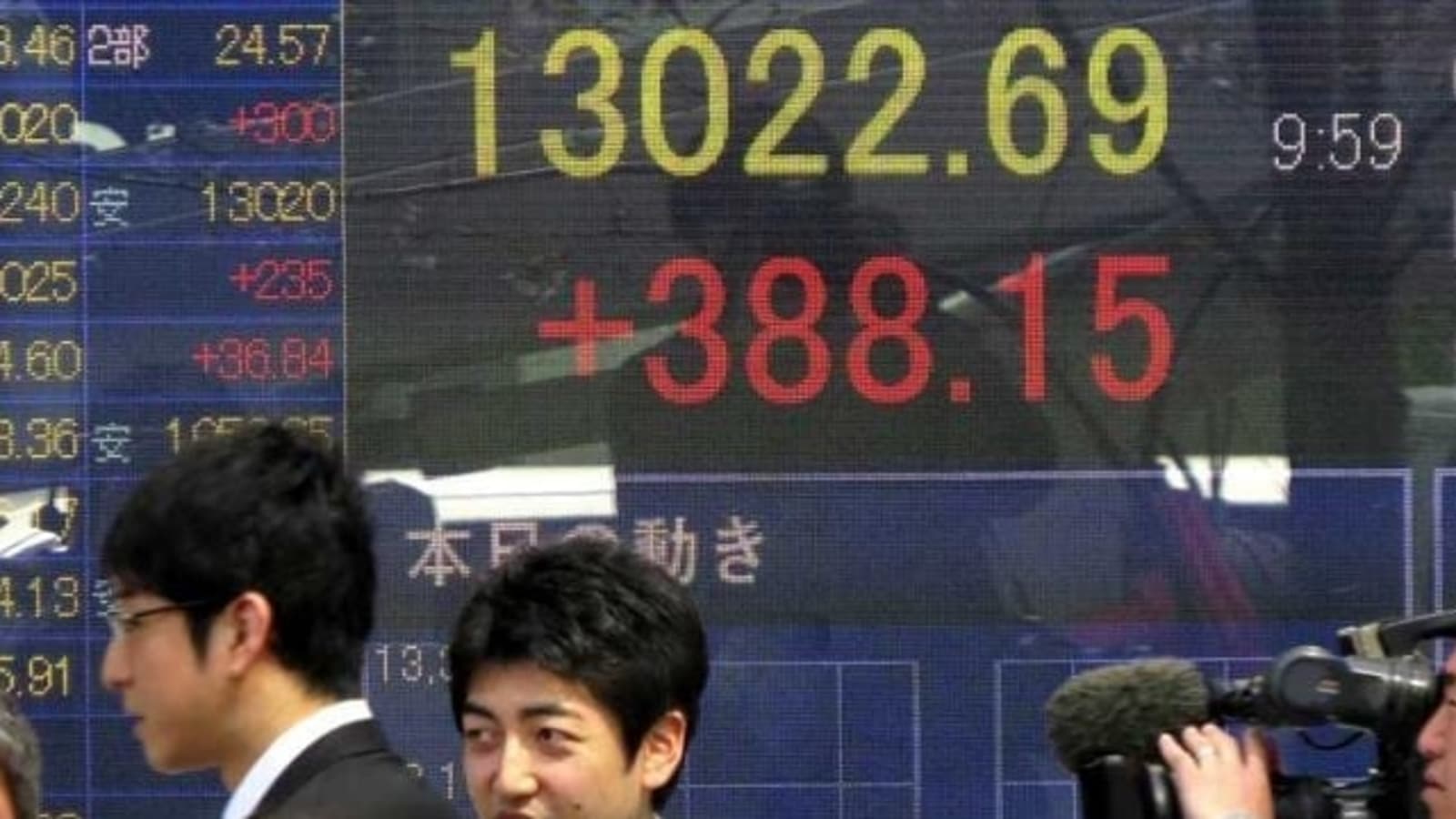Jobs
Asian stocks routed, European markets slump amid US recession concerns following weak jobs report

Global markets plunged on Friday as a weaker-than-expected U.S. jobs report sparked fears of an impending recession. The unexpected slowdown in job growth fueled concerns about the health of the world’s largest economy, leading investors to seek safety in bonds. Asian markets bore the brunt of the sell-off, with major indices experiencing massive declines. The same sentiment echoed in Europe, where stock prices also tumbled sharply.
European market drops amid recession fear
Over the past two days, financial markets worldwide—including the United States, Europe, and Asia—have seen a decline surpassing 3%. At the same time, the two-year Treasury yield in the United States has fallen by 15 basis points. Frankfurt reportedly experienced a 3% drop in shares, while Paris saw a decline of 2.3%. The Milan market plunged by 4%, and Madrid fell by 2.8%.
Also read: European stocks plunge to near six-month low amid US recession jitters
As per Reuters, “The pan-European STOXX 600 index was down 3.1% to 482.42 points by 0711 GMT, hitting its lowest since Feb. 13. The benchmark is also set for its worst day in 2-1/2 years.”
US debuts weak jobs report
On Friday, the US revealed that hiring by employers slowed significantly more than anticipated last month. With only 114,000 jobs added far below the projected 175,000, the downturn shattered the optimism that had propelled the Nikkei to record highs and sent investors scrambling for cover.
On Monday, “the Nikkei 225 index fell by 12.4%, or 4,451points – its largest points drop in history, while the broader Topix lost 12.2%,” BBC reports.
Also read: US stock market plunges due to recession fears, rising unemployment, falling big tech stocks
The S&P 500, which monitors the share prices of 500 of the largest public companies in the United States, experienced a 1.8% decline on Friday. This marked its first consecutive loss of at least 1% since April.
Oil prices remained largely stable, with the U.S. benchmark crude oil rising by just 9 cents to $73.61 per barrel, while Brent crude oil remained unchanged at $76.81 per barrel.
Asian market plummets
In addition to Japan, other Asia-Pacific regions experienced significant drops in their main share indices. Taiwan’s main index fell alongside South Korea’s Kospi, which dropped by more than 8%. In India, the NSE Nifty 50 was trading 2.8% lower when the market reopened. The Hang Seng in Hong Kong decreased by 2.5%, while the Shanghai Stock Exchange was down by 1.4%.










